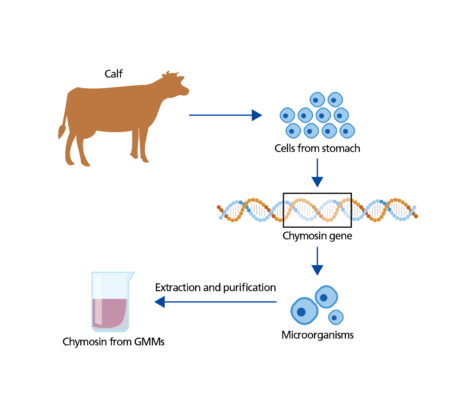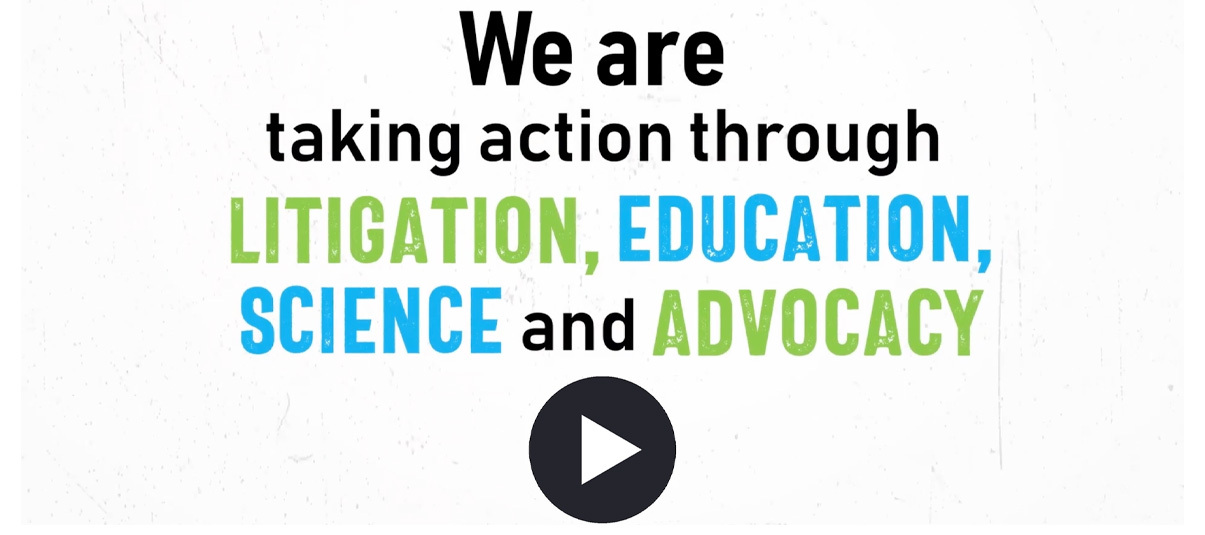Pfizer, GMO Enzymes and the Cheese on Your Plate
Most Canadians know Pfizer as the pharmaceutical giant behind mRNA shots and record-breaking fines for corporate fraud. But few realize that this same company quietly helped rewrite how cheese is made—without consumer knowledge or consent.
From Calf Stomachs to GMO Labs
For centuries, cheese was made with rennet—enzymes naturally extracted from the stomachs of young calves, lambs, or goats. But in the 1990s, Pfizer introduced something new: genetically engineered enzyme called chymosin, produced by inserting calf DNA into bacteria, yeast, or fungi. These engineered microbes churned out recombinant enzymes that function just like natural rennet.
In 1990, the U.S. FDA approved Pfizer’s GMO chymosin as “generally recognized as safe (GRAS).” Within a few short years, it dominated the U.S. cheese industry. Today, more than 90% of American cheese is made with lab-derived chymosin—and thanks to loopholes, it doesn’t appear on the label.
Canada followed suit. Health Canada has approved multiple GMO sources of chymosin for use in cheesemaking, including genetically engineered E. coli, Aspergillus, Kluyveromyces and Trichoderma. This means the vast majority of Canadian cheese also relies on recombinant enzymes, though consumers remain largely unaware.

Source: Centre for Food Safety
Why You Won’t See It on Labels
Chymosin is classified as a “processing aid,” not an ingredient. That means food companies don’t have to tell you whether the cheese on your sandwich, pizza, or pasta was made with enzymes from a calf’s stomach—or a genetically engineered fungus created in a lab with Pfizer’s fingerprints all over it.
What’s the Concern?
-
Lack of transparency: Canadians deserve to know how their food is made. Instead, GMO enzymes are hidden from view.
-
Unknown health impacts: Regulators and industry insist recombinant chymosin is “identical” to animal rennet, yet independent research into long-term effects on digestion, microbiome balance and allergenicity is scarce.
-
Corporate control: By cornering the enzyme market, Pfizer and its spin-off Zoetis embedded pharmaceutical giants into our food supply—just as they’ve done with agriculture, animal health, and gene-based technologies.
-
Broken trust: This is the same Pfizer that paid a $2.3 billion fine in 2009 for fraud and pushed experimental mRNA shots without long-term safety testing. Should they really be trusted to engineer what we eat?
What You Can Do
-
Support traditional cheesemakers: Seek out cheeses made with animal rennet or explicitly labeled “non-GMO.”
-
Push for transparency: Demand clear labeling of GMO enzymes and processing aids.
-
Choose organic: Certified organic cheese does not allow genetically engineered enzymes.
-
Stay informed: Food technology is changing fast, and corporations like Pfizer are leading the charge without public debate.
The Bigger Picture
This is about more than cheese. It’s about how biotech and pharma giants are shaping our food supply in ways that bypass transparency and public consent. Just as with vaccines, the pattern is the same: regulators assure us it’s safe, corporations profit, and the public is left in the dark.
The cheese on your plate may seem simple—but the story behind it is anything but.
Source: The People’s Voice
**********************************************************************************************************************

